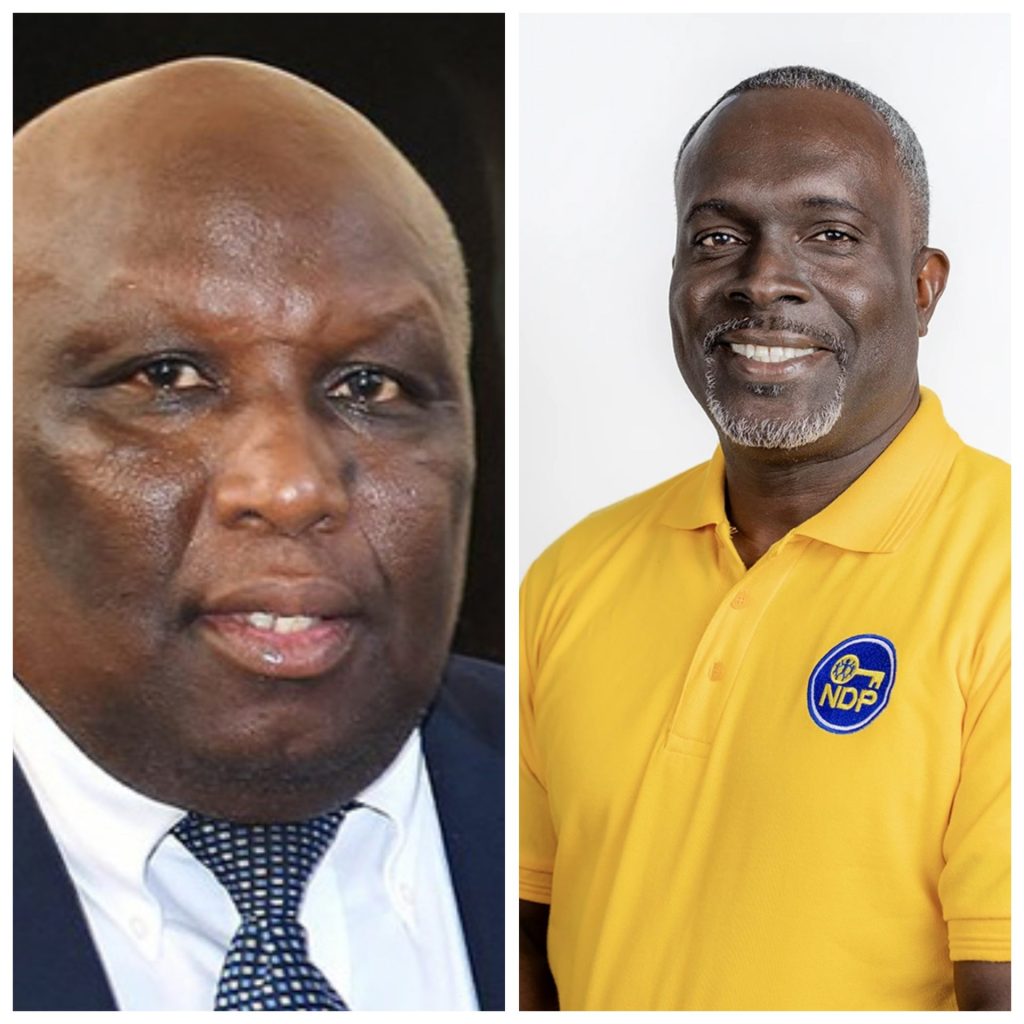By Jason Alexander, Sentinel Research Group Correspondent
In Marriaqua, once the proud “food basket” of St. Vincent and the Grenadines, incumbent Jimmy Prince appears to hold the advantage, but emerging political currents suggest the race could become more competitive under the right conditions.
Polling conducted by the Sentinel Research Group across Mesopotamia, Evesham, Hopewell, Richland Park, and neighboring communities shows Prince maintaining a lead, particularly among older and middle-aged voters. His popularity predates his political career, built during his long service at the Government Information Services, and that reservoir of personal trust continues to serve him well.
However, Marriaqua itself reflects broader national frustrations. Once a thriving agricultural powerhouse that exported produce as far as Trinidad and Tobago, the constituency has seen a dramatic economic decline. Many families who once lived comfortably from farming have fallen into hardship, blaming the Gonsalves-led ULP government for the neglect of agriculture and rural development. Marriaqua today is a poor shadow of what it once was.
The conditions are ripe for change. There is a growing undercurrent of dissatisfaction, fueled by persistent youth unemployment, poor infrastructure, rising costs of living, and a sense of decay in the constituency. These issues mirror a larger national sentiment, a wind of change that first stirred during the last general elections and which, this time around, appears stronger and more palpable.
Sentinel Research Group polling conducted between April 15 and April 22 shows the following:
If elections were held today, Jimmy Prince would receive 52 percent of the vote, Phillip Jackson would receive 38 percent, and 10 percent of voters remain undecided.
In terms of favorability, Prince is viewed favorably by 60 percent of voters, unfavorably by 25 percent, and neutrally by 15 percent. Jackson holds a 45 percent favorability rating, with 30 percent unfavorable and 25 percent neutral.
Prince leads comfortably among voters aged 40 and above. Among voters under 30, Jackson shows greater competitiveness, though Prince still holds a narrow edge.
Phillip Jackson, the NDP’s candidate, embodies a potential vessel for change. A gifted technocrat, an articulate thinker, and someone not lacking in charisma, Jackson has certain key attributes voters increasingly say they want in a representative. However, his critical weakness is his lack of grassroots presence. Having failed to secure the nomination in 2020, Jackson should have spent the intervening years digging in, embedding himself in the communities, and building relationships of trust. His failure to do so has made it harder for him to capitalize fully on the constituency’s simmering dissatisfaction.
At present, Jackson trails Prince, but not irreversibly so. If he is able to put in the tremendous ground work that is required, and which he is capable of, he could close the gap, particularly if the national appetite for change continues to swell and overtakes the election narrative in Marriaqua.
Complicating the race further is the awkward situation that Jackson’s own brother is serving as Jimmy Prince’s campaign manager, a revelation that has raised eyebrows among constituents and sparked quiet questions about Jackson’s internal support base.
While Prince remains favored for now, Marriaqua, like much of the country, is not immune to the shifting winds. Should those winds gather further strength, even well-liked incumbents such as Jimmy Prince could find themselves at risk of being swept away.
Key Issues in Marriaqua: What Voters Are Saying
Youth Unemployment
Young people face few opportunities, forcing many to migrate or remain dependent on family.
Collapse of Agriculture
Marriaqua, once a major exporter to Trinidad and Tobago, has seen farming decline sharply, fueling poverty and frustration.
Poor Infrastructure
Residents complain of worsening roads, inadequate drainage, and delayed public works.
Community Decay
Calls for investment in youth development, sports, and cultural programs are growing louder.
Rising Cost of Living
The daily struggle to afford basic necessities is cited as a top concern across all age groups.

